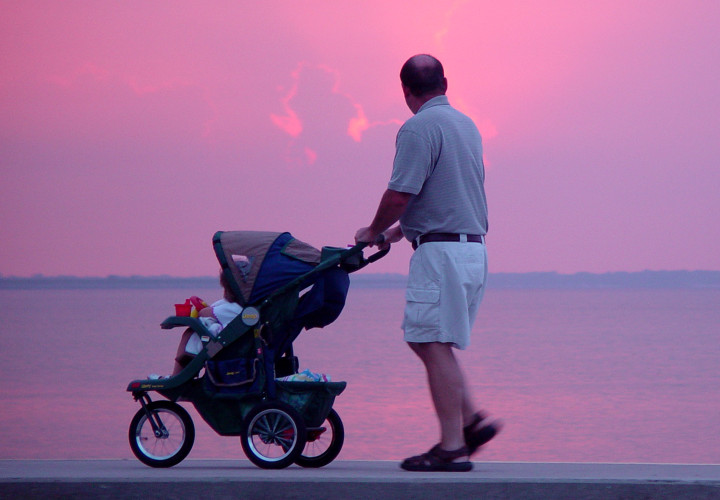Grandparent’s rights oftentimes depend on the parent’s marital status. Grandparents are able to assert their rights to visitation and custody of their grandchildren.
In scenarios where the grandchildren’s parents are married, they can usually deny you time with your grandchildren, and the court will not interfere. Legally, as long as the parents of the grandchildren are not unfit, they can raise their children any way the see fit, fostering relationships with persons of their choosing.
In scenarios where the parents were not married, grandparents may be able to assert more rights. Even if your child is divorced, deceased or was never married to the parent of your grandchild, a parent’s wishes still carry a lot of weight with the court. In these situations, however, a court can – and sometimes will – override a parent’s wishes regarding access to a grandchild. In custodial situations, it is not to be forgotten that grandparents have rights too. Grandparents have rights to child visitation to ensure that family relationships that benefit a child continue even in the event of the parents’ divorce.
Grandparents may also assert their rights through a guardianship. The courts must always put the best interests of the child first. If you can prove that the parents are abusive or unfit, the court will put the interests of the child or children ahead of the parents’ rights. When parents are divorced, and the parent with custody dies, the law automatically transfers custody to the other parent. If you believe your grandchild’s other parent is unfit, you can file a lawsuit with the court, asking the judge to appoint you as your grandchild’s guardian instead. A guardianship can be achieved even if both of your grandchildren’s parents are living.
If you file a lawsuit against your grandchild’s parent, asking for visitation with your grandchild, your success in court usually depends on proving that cutting off your relationship with your grandchild would be harmful to the child. In other cases, you may need to prove that you are the best guardian for the child, and a relationship with you is in the best interest of the child.
[hr]
